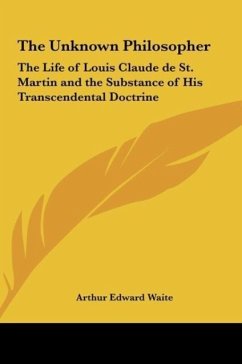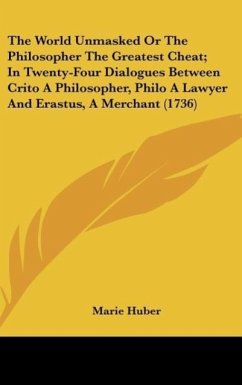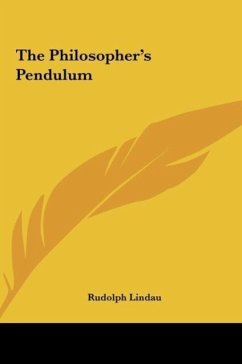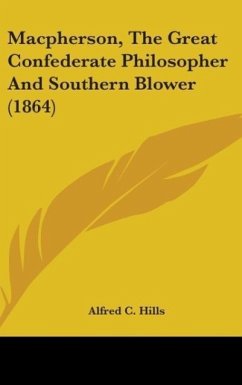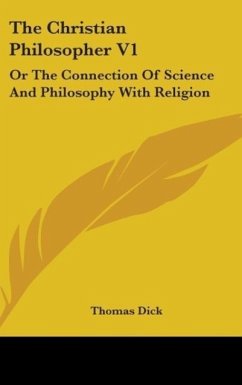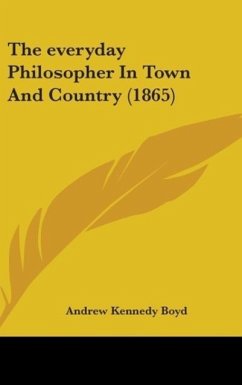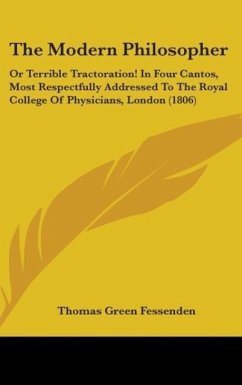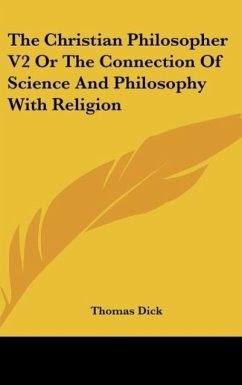St. Martin (1743-1803) believed that the most important problem of all human thinking is to understand man as as free personality, whose very foundation is himself. Contents: The Life of St. Martin; Sources of Martinistic Doctrines; The Nature and State of Man; The Doctrine of the Repairer; The Way of Integration; Minor Sources of St. Martin; The Mystical Philosophy of Numbers; Prayers of St. Martin; Bibliography; Martinism and the Masonic Rites of Swedenborg. St. Martin was the successor to Jacob Boehme-an important mystic in the history light.
Hinweis: Dieser Artikel kann nur an eine deutsche Lieferadresse ausgeliefert werden.
Hinweis: Dieser Artikel kann nur an eine deutsche Lieferadresse ausgeliefert werden.

